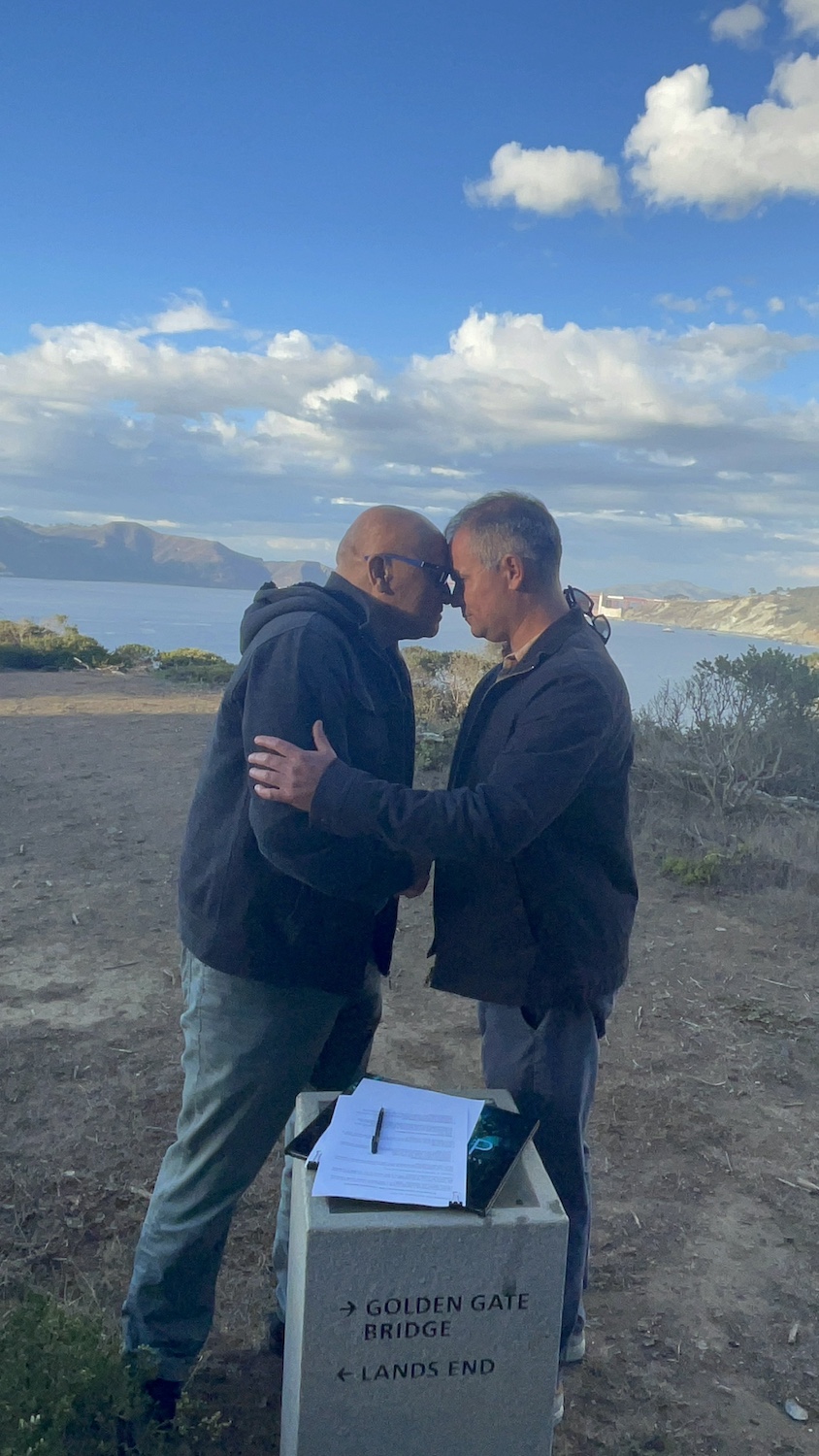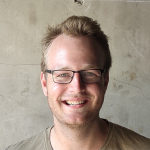
A seaweed farmer at Blue Evolution, a seaweed-focused company partnering with a Māori tribe to build a seaweed farm. (Image courtesy of Blue Evolution.)
On the northeast coast of Aotearoa — the Māori-language name for New Zealand — in the Bay of Plenty sits Te Whānau-ā-Apanui, a Māori tribe looking for an economic stimulus that can bring a wealth of benefits to the community. Or as Chief Rikirangi Gage and his associates put it, an economic horse to pull the social, cultural and environmental cart.
The Māori are the dominant Indigenous group in the country, representing 17 percent of the total population. And they are disproportionately affected by poverty and the criminal justice system.
Within the Māori are independent tribes called iwi, each with its own chief. Te Whānau-ā-Apanui is the iwi in the northeast. On the other side of the Pacific Ocean in San Jose, California, a seaweed company called Blue Evolution was looking for strategic locations and partnerships to launch another seaweed farm, complementing its production in Mexico and Alaska. Finding locations, however, is difficult due to climate change.
“Seaweed farming in the tropics is pushing the limits with rising water temperatures,” said Beau Perry, CEO of Blue Evolution. “We already see that in Korea, Japan and China. Mexico is really good for onshore farming, but with climate change and El Niños, the offshore farming is tricky there.”
Finding the right ocean conditions is only half the equation, as the country needs to be open to international investment and have solid financial systems. For example, “Angola seems inviting from an oceanography standpoint, but from a doing business perspective, it’s not great,” Perry said.
Blue Evolution grows seaweed to produce raw materials for an impressively large span of industries. Seaweed farming is an $18 billion global industry expected to double in size over the next seven years.
“We have food, nutraceuticals, cosmetics, biopharmaceuticals, agricultural feed, biostimulants, and biomaterials such as textiles, construction inputs and bioplastics,” Perry said.
Blue Evolution is also exploring the “wildcard opportunity” of extracting critical minerals from seaweed, which can be used to power the clean energy transition.
Through some business contacts, Blue Evolution and Te Whānau-ā-Apanui were introduced to each other, and the talks around seaweed farming quickly heated up. An entity representing the joint venture between the two groups, Te Huata Blue, was established. Blue Evolution holds a minority stake in the entity, while Te Whānau-ā-Apanui is the majority owner.

The Māori explore seaweed farming
Neighboring communities engage in mussel farming on the northeast coast, so Te Whānau-ā-Apanui was considering that before the opportunity to farm seaweed arose. Currently, there are no active seaweed farms in the country.
"We’ve got a sister iwi down the coast who have established a relatively small mussel farm and are about to build a mussel processing plant,” Haydn Read said. “That plant will do in the order of 25,000 tons of mussels per year.”
Read is the Te Hēteri at Te Whānau-ā-Apanui, a title that means sentinel or guardian. “I’m helping look after the iwi’s future,” he said, explaining the title. Read is not Māori, but he married a Māori woman and was hired by Chief Rikirangi Gage to guide the iwi’s business ventures based on his extensive infrastructure and finance background.
“I don’t always enjoy speaking on the iwi’s behalf, but from my discussions with the iwi, they haven’t had much for a very long time,” Read said. “Because they don’t have so much, they’re clear they don’t want to give up equity in something and not have control of their own destiny.”
That’s why owning the seaweed project was so important for the iwi. A PwC analysis estimates the Te Huata Blue seaweed project will earn $2 to $3 billion in annual revenue and employ over 2,000 people if all seawater areas are greenlit for production.
“It's all being set up specifically for the iwi to improve their well-being in the future,” Read said. The iwi plans to use the revenue from this project to support socio-cultural initiatives like education, health and better justice outcomes.
Te Whānau-ā-Apanui, who is finalizing an initial 5,000-hectare seawater commercial use license, should have up to 50,000 hectares of seawater at their disposal over the next few years, Read said.
Ripe conditions for a seaweed venture
Te Huata Blue was blessed with a fortunate set of circumstances. Along with rising ocean temperatures making seaweed difficult to grow and the need for the host country to be conducive to foreign investment, a major hurdle for other Indigenous groups around the world is the issue of title rights to the land. Aotearoa New Zealand, fortunately, recognizes Indigenous land claims and fosters a regulatory and social environment where a joint venture like this is possible.
The joint venture has also partnered with leading research institutions, both nationally and internationally, to manage the environmental impacts of the project. Some risks include disease spread, shading seagrass beds and introducing foreign strains.
“There are a lot of co-benefits as opposed to negative tradeoffs,” Perry said. Seaweed is a natural absorber of carbon dioxide, and a seaweed farm can act as a giant carbon capture system.
With progressive policies, a stable political and financial situation, and almost 10,000 miles of coastline in a non-tropical climate, the country is an almost perfect cocktail of seaweed farming opportunities.
Blue Evolution has the experience to operate a commercial seaweed farm, and the Māori have access to some unique funding options and permitting pathways that can get the project approved and started better than almost anyone.
As for taking on the risks involved with inviting industry into the iwi’s territory, Read said: “I think the chief would say that so long as the values of the people you partner with are in line with your own values, then you’re probably going to be fine.”
Editor's note: This story was updated on December 13, 2024, to correct a caption that misidentified Iwi Chief Rikirangi Gage of Te Whānau-ā-Apanui. We regret the error.

Andrew Kaminsky is a freelance writer with no fixed location. He travels all corners of the globe learning about the different groups that call this planet home, seeing natural wonders, and sharing laughs with the people he finds along the way. An alum of the University of Winnipeg's International Development program, Andrew is particularly interested in international relations and sustainable development. In his spare time you are likely to find Andrew engaging in anything sport-related, or finding common ground with new friends over a craft beer.














